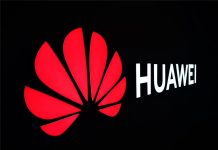Benchmark apps are supposed to be reference points for comparison of smartphones which fall in the same category. Although there has always been the caveat that the result doesn’t always depict how the smartphones would perform in daily use but they are often relied upon by intending buyers who seek models that offer better performance based on benchmark score.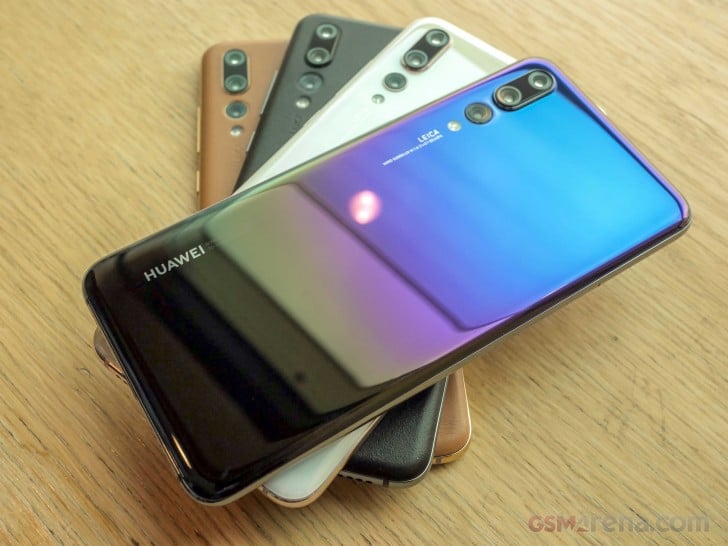
Quite unfortunately, benchmark apps have been the target of most Chinese phone manufacturers who have been accused and even confirmed to cheat. Huawei was earlier accused by Anandtech of cheating and once again further evidence has been adduced to show that Huawei and OPPO target benchmark apps by name. The team of analysts at First Post claimed to have subjected a couple of Huawei phones, including Honor phones and OPPO phones alongside the Realme models to benchmark test using public and private benchmark apps. The data obtained invariably confirmed what had been known before, that Huawei and OPPO tend to cheat benchmark apps. This they do by optimising their phone’s software to recognise benchmark apps by their names and thus run at optimal performance. This, in turn, results in the phones achieving higher scores in benchmark apps. For the avoidance of doubt, the public apps are those that can be downloaded on Google Play Store. On the other hand, the private apps were provided by the app creations and usually carry different names from their real names. 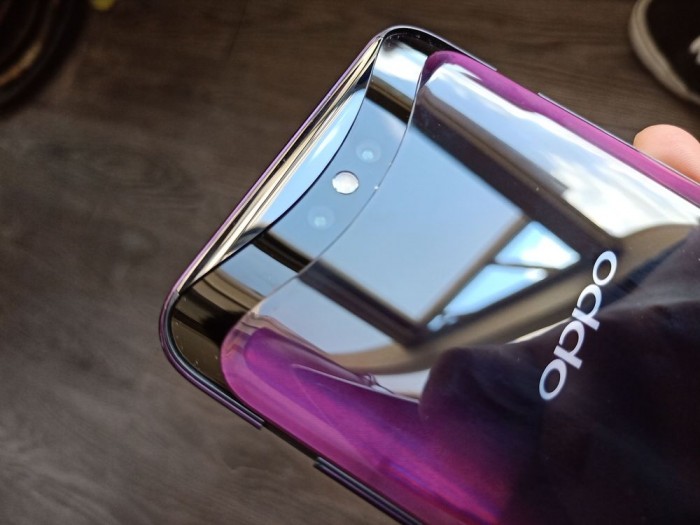
The most likely explanation for this is that when a known benchmark app is recognised as running, CPU throttling which is supposed to idle the cores to their minimum frequency when there’s no workload seems not to function. Thus, the phone’s CPU runs at its maximum clock speed. In one of the tests, one of the phones even got too hot to continue working while running the public benchmark app.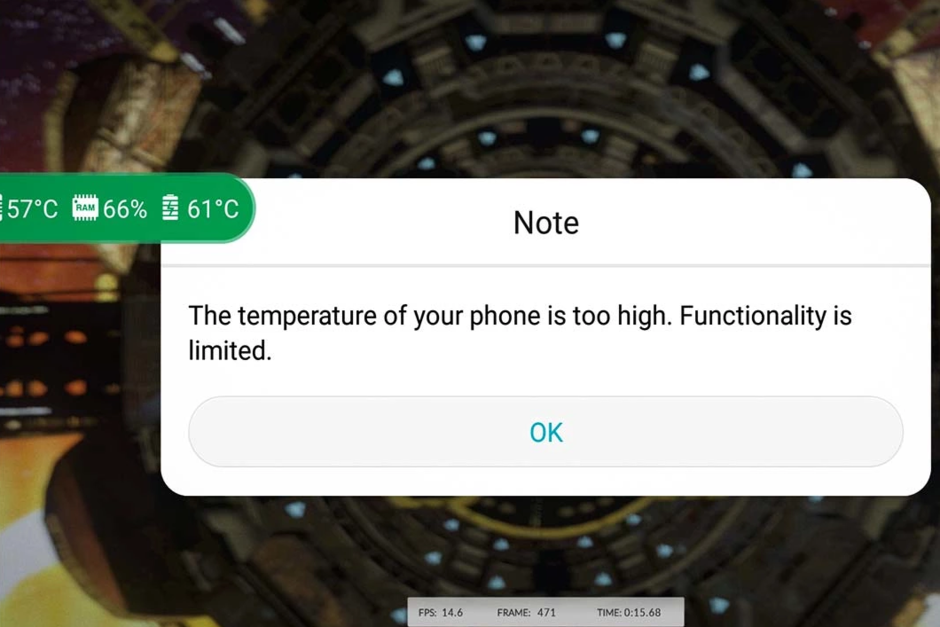
Well, except a superior argument is adduced by the phone makers, this looks to be the true situation. But is this really cheating? Sure, it is but smartphone manufacturers have argued that the act can’t really be called cheating since they all want their models to be at their best when tested. In addition, the maximum clock frequency of the chipset onboard the smartphones are not in anyway increased more than their stated maximums. Huawei and OPPO also claimed that the AI engine on their phones automatically puts the phone in the high-performance mode when it detects tough loads.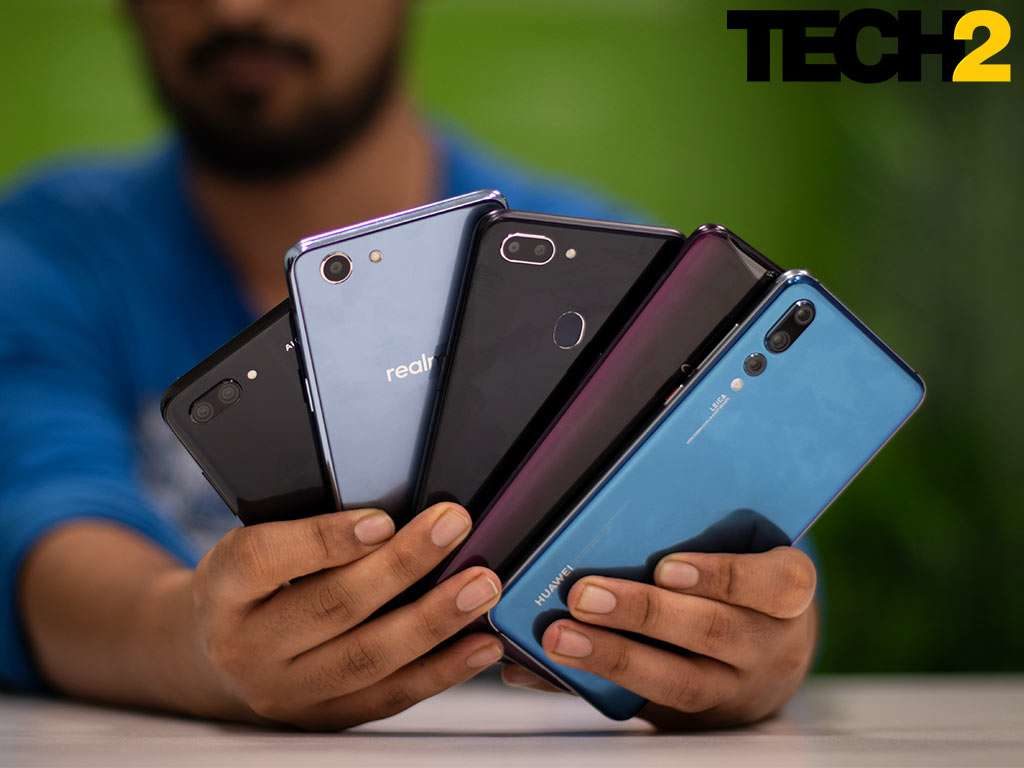
Hot Topic: Don’t You Judge A Smartphone By Its Benchmark, Be Better
Our verdict
This issue of cheating on benchmark app has been in the front burner for quite some time now. Last year, popular brand OnePlus as well as Meizu were accused of cheating on benchmarks to achieve higher results. This accusation doesn’t take away the fact that Huawei has got innovative models and that its Kirin 980 is one of the most powerful chipsets around. The Kirin 970-powered P20 Pro flagship still ranks as the best model in terms of camera performance on DXOMark. Perhaps that is because Apple’s latest iPhones are yet to be reviewed by DXO. Talking of Apple, we recall the company was embroiled in a controversial “Batterygate” scandal last year. Apple updated their software last year to slow down phones with weaker batteries since the powerful CPU could shut down phones with weak batteries. That isn’t exactly the same scenario but it still is deceit. Most owners of old iPhones would go get a new one instead of just swapping the old battery for a new one. Even market leader, Samsung was also caught in the web of benchmark cheating way back in 2013 alongside HTC. What this tells us is that we really shouldn’t rely so much on benchmark as they don’t indicate real-world performance.
(source)


